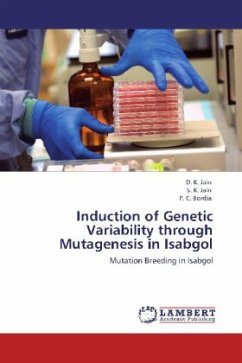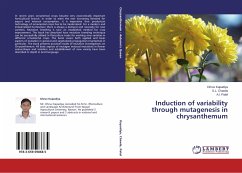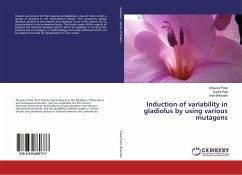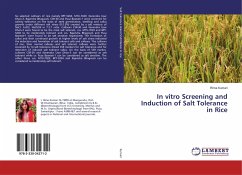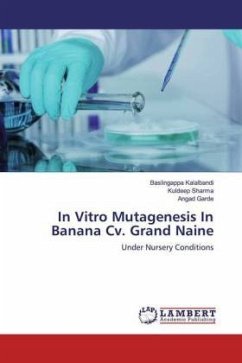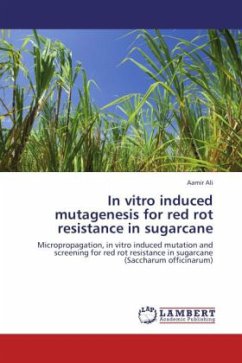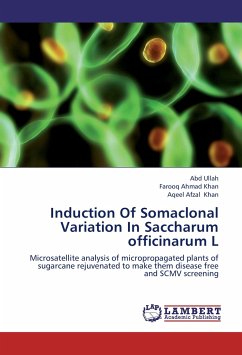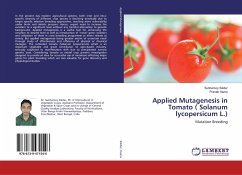Isabgol or Blond Psyllium (Plantago ovata Forsk.) is a winter season medicinal plant. It belongs to family Plantaginaceae and genus Plantago.In recent years, demand of isabgol has increased in the western countries and it is traded in major medicinal drug market of the world. The productivity of Isabgol is very low. The limited existing genetic variability is the major bottleneck for the improvement of the crop and because of small size and closely borne florets, artificial hybridization is difficult for inducing the variability. So the present investigation was carried out to estimate the induced variability, efficiency and effectiveness of physical mutagen and to isolate desirable mutants in M2 and M3 generation of Isabgol. Variety R1-89 of isabgol was treated with 9 doses of gamma rays (15 kR - 135 kR with an interval of 15 kR) and studied the M1, M2 and M3 generations for mutagenic variability and efficient and effective dose of gamma rays.
Bitte wählen Sie Ihr Anliegen aus.
Rechnungen
Retourenschein anfordern
Bestellstatus
Storno

